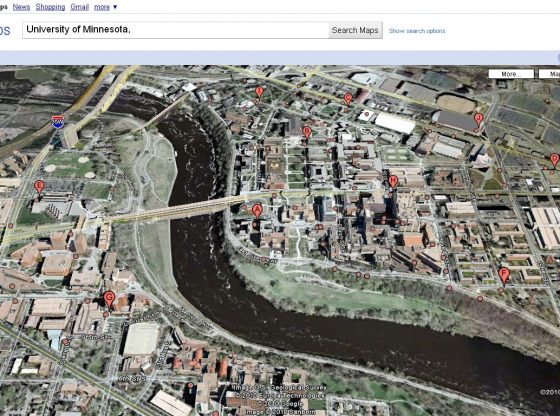From the MN Dept. of Human Rights:
Some call it a Catch 22: You lose your job and can”t pay your bills. Your credit rating plummets. You look for a new job but you can”t find one – employers view your poor credit score as a statement about yougr character and a risk factor they would prefer to avoid. So you slide deeper into debt, and become even less desirable in the eyes of potential employers — a cycle from which you fear you may never escape.
There is reason to be afraid, consumer advocates say. In Minnesota and all but four states, employers are generally permitted to use a job applicant”s credit score in making a hiring decision. Only Washington, Hawaii, Illinois and Oregon have laws that in most cases prohibit an employer from considering a candidate”s credit.
These days, more and more employers are inclined to run credit checks on job seekers. A 2010 survey by the Society for Human Resource Management found that 60 percent of employers now check the credit scores of at least some applicants. Back in 2003, only 35 percent of employers reported checking credit scores, and in 1996 it was only 13 percent. To look at the data another way: 40 percent of employers don”t ask for credit data. Yet some employers — 13 percent in the 2010 survey — perform credit checks on all job applicants.
In the past year or two, use of credit data in screening job applicants has become a hot topic. In 2010, bills were introduced in 18 states, including Minnesota, that would have limited an employer”s ability to use credit information. On the federal level, a bill was introduced in the U.S. House of Representatives, The Equal Employment for All Act (H.R. 3149), that would have prohibited the use of consumer credit checks against prospective and current employees nationwide, with some exceptions for jobs that involve national security or positions of significant responsibility at financial institutions.
Though the federal bill raised the issue and rallied testimony from determined supporters and opponents, it died in committee and never came up for vote. On the state level, efforts to restrict employers from checking employee credit scores succeeded in only two of the 18 states where bills were proposed — in Illinois and Oregon.
But the controversy is far from over, and in early 2011 the issue continues to gain momentum from those who believe Americans are being unfairly denied employment due to employer credit screening, and those who are believe that employers must be allowed to use credit scores as at least one tool in the hiring process.
To read much more on this topic, go to the MN Dept of Human Rights website: http://www.humanrights.state.mn.us/education/articles/rs11_1credit.html




